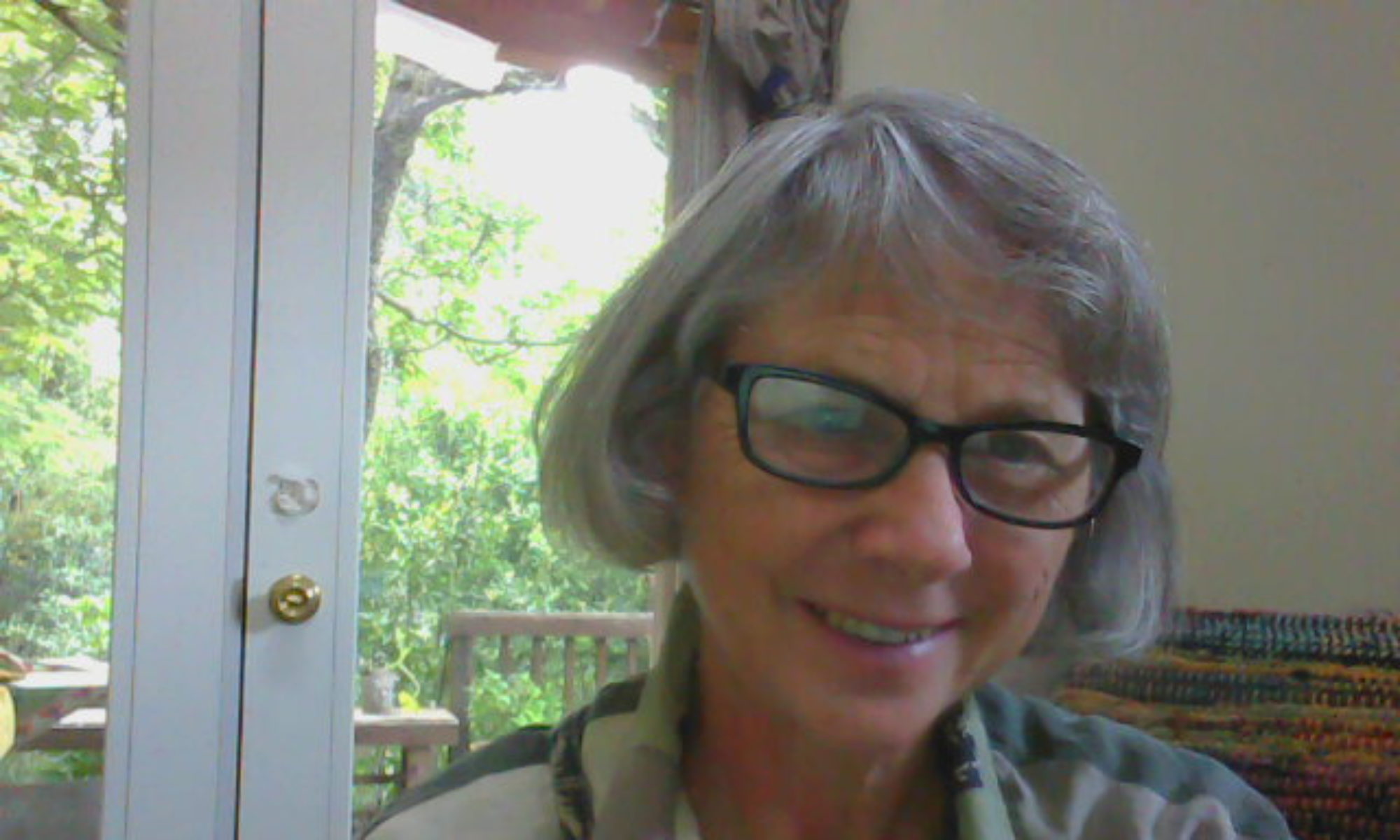We parent our children so that they can survive and thrive in this world, so that they can carry forward the legacy and honor of our forebears, and so that they can make a positive difference in the future world for our grandchildren and great grandchildren. We want our children to stand on our shoulders to reach what we could not.
In the past, conformity and compliance were required so that factory jobs could be filled. Now the world is an increasingly insecure place and independence, creativity, and bravery are more valued assets in adulthood. Our children might be mutating towards this new paradigm, with the increasing numbers of Autism and ADD/ ADHD being reported. We as parents want to help our children achieve success, and negotiating a peaceful family life can be more challenging than ever before.
Boundaries and resistance help our children to develop good habits and courtesy, impulse control and restraint, the ability to delay gratification, the ability to work hard and meet resistance, and resiliency to handle disappointments. This is the basis of true self-esteem, self-discipline, and empathy for others. It’s harder in the short term to be consistent with this but in the long term, the goals of our parenting are better achieved, and our efforts are rewarded.
In the long long term, it’s all a toss up though. Was all that effort worth it?
As a single parent after divorcing my son’s absentee father, my son has been my everything. To counteract the over focus, we shared our home with goldfish, cats, puppies, dogs, housemates, and occasionally friends. I started and facilitated a single parent group, and did outings with them, became friends with the children, never fell in love, never got re-married. My son was difficult all through his childhood, from babyhood on: demanding, willful, oppositional, and often defiant. He was also very loving, sweet, self-directed, and helpful at times.
His father and I went in different directions, to the point where my son expressed dismay that we’d ever been married. I was the vegetarian, hippy, peacenik, and his father was the hamburger/fries, straight, social-climbing, Republican. My son worshiped his father, and wanted to be just like him. At eighteen he moved in with his father, and reality set in. His father barely paid attention to him, except to yell at him.
I believe now that my son’s heart was broken then, and his obsession with skating and drugs began to snowball. To me, I saw a healthy brotherhood of skillful wheel balletists, an alternative family with drugs and alcohol at bay so that they could excel at their sport. My son was a part of the skater brotherhood, a star, winning contests, traveling all over the world, sponsored. He was an agile dedicated skater whose sport helped him overcome the ADD that had plagued him, for which he’d refused medication. He was in school, making skate films I thought brilliant, and seemed to have everything going for him. He moved into the city with some friends, bought a car, came to visit on holidays. He shared with me how he now realized that his father was a selfish asshole.
Then he injured his ankle really badly; every tendon in his ankle was broken. Two surgeries later, with 2 pins in his ankle, he was living with a girlfriend in San Francisco, and he implored me not to visit. It was only a few months later when his physician called me in London, where I was caring for my aging mother, that I realized things had changed forever for him. He was now homeless, jobless, and carless. Still proclaiming he was “fine”, I nevertheless booked a trip to San Francisco. My son was amazing, resilient, positive, but he needed my help.
Read my next blog post about Strengthening the Will of the Child, and hear how it turned out for this challenged child.


